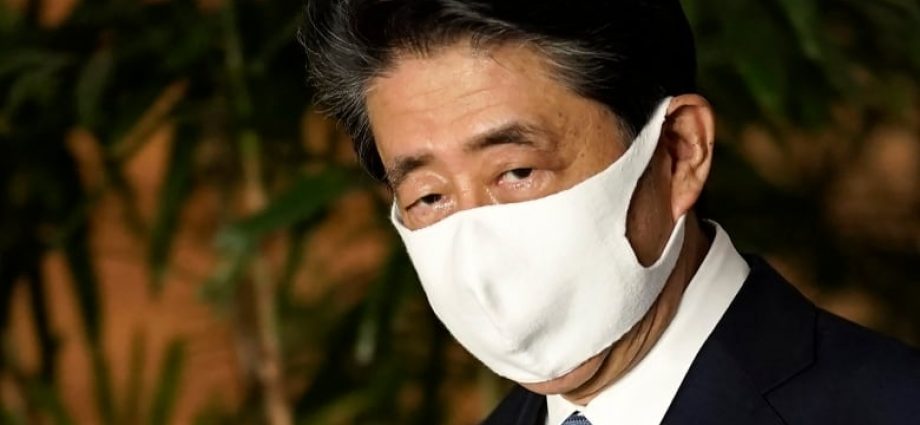Shinzo Abe, Japan’s longest-serving prime minister, announced his resignation due to poor health on Friday, ending a stint at the helm of the world’s third-biggest economy in which he sought to revive growth and bolster its defences.
“I have decided that I will step down as prime minister, with the belief that I cannot continue being prime minister if I do not have the confidence that I can carry out the job entrusted to me by the people,” Abe, 65, told a news conference.
On Monday, Abe surpassed a record for longest consecutive tenure as prime minister set by his great-uncle Eisaku Sato half a century ago.
He said he had decided to step down now to avoid a political vacuum as the country copes with its novel coronavirus outbreak.
“I apologize from the bottom of my heart that, despite all of the support from the Japanese people, I am leaving the post with one full year left in my term and in the midst of various policies and coronavirus,” Abe said.
He similarly quit in 2007 after one year as prime minister, citing illness.
Abe has battled the disease ulcerative colitis for years, and two recent hospital visits within a week had fanned questions on whether he could stay in the job until the end of his term as ruling party leader, and hence prime ministe, in September 2021.

‘Gut-wrenching’ decision
The condition worsened after June and he’s now on a new treatment that requires IV injections, he said. But while there is some improvement, he said there is no guarantee that it will cure his condition.
“It is gut-wrenching to have to leave my job before accomplishing my goals,” Abe said Friday, mentioning his failure to resolve the issue of Japanese abducted years ago by North Korea, a territorial dispute with Russia, and a revision of Japan’s war-renouncing constitution.
Abe’s resignation also comes amid an uncertain geopolitical environment, including an intensifying confrontation between America and China and ahead of the U.S. presidential election in November.



